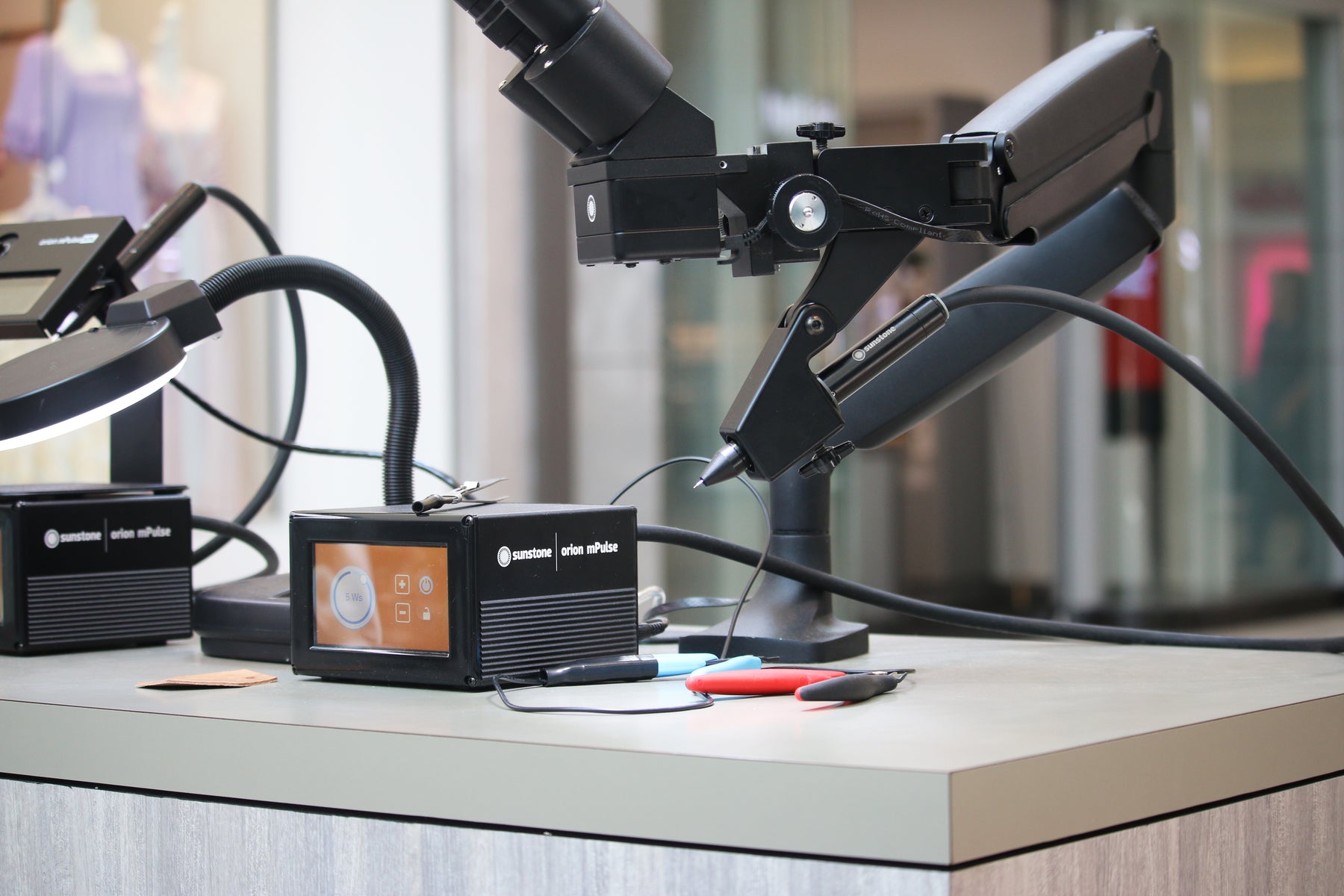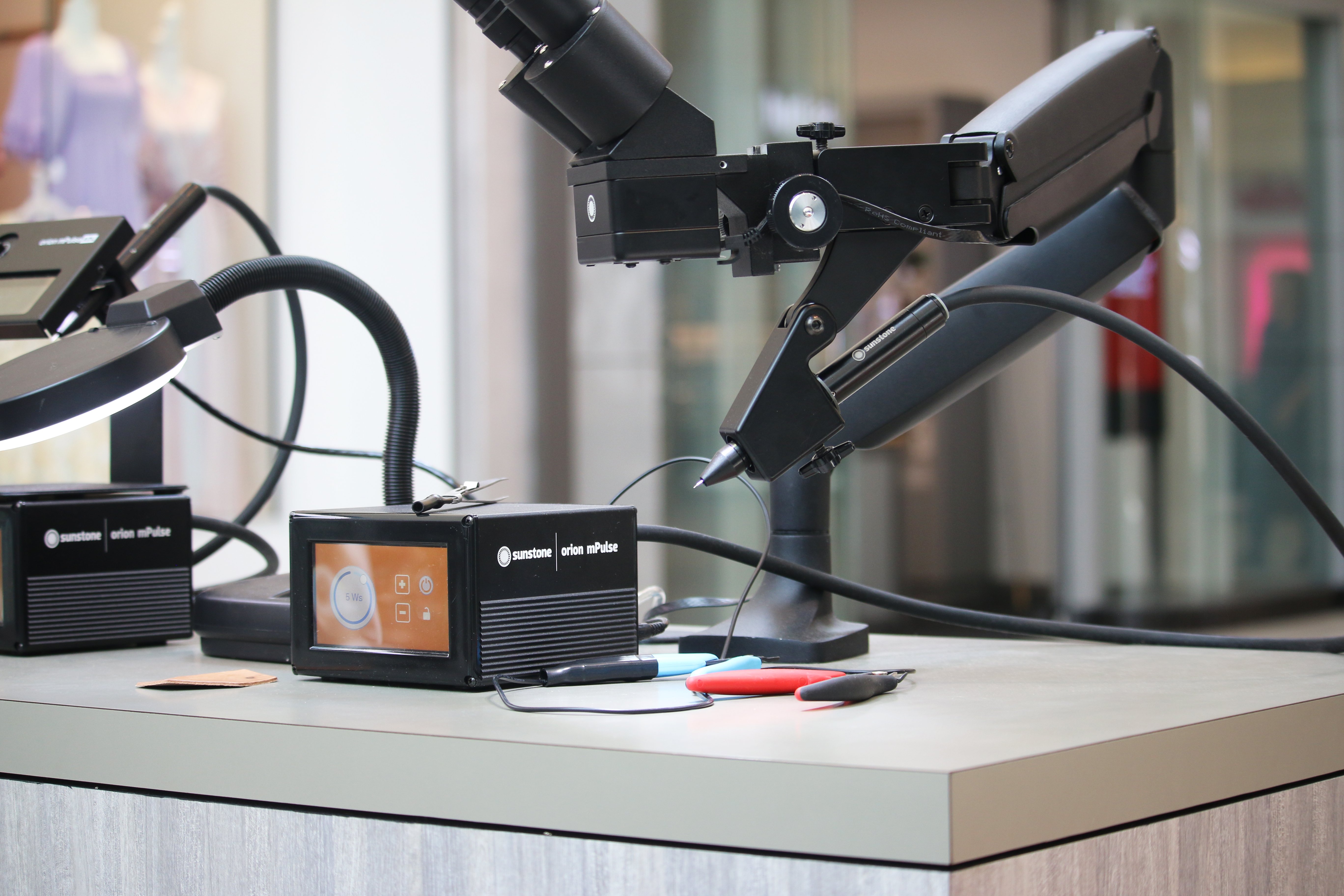Reach out to speak with a Permanent Jewelry Expert by calling +1 801-658-0015 or by filling out the contact form linked here.

Welding Permanent Jewelry onto Children: A Comprehensive Guide to Federal Requirements

At Sunstone, we prioritize clarity and safety above all else. Complying with federal regulations, particularly those outlined by the Consumer Product Safety Commission (CPSC), is essential to ensuring your practices align with the highest standards of safety and compliance. This blog post will highlight three key regulations that may be relevant to your permanent jewelry business. You can read all CPSP regulations here.
Lead Testing Certificates Required
For jewelry intended for children 12 and under, federal rules mandate lead testing certificates. This requirement transcends the method of jewelry attachment—be it permanent welding or clasping. However, if the jewelry comprises pure materials such as gold, silver, or other precious metals like platinum or titanium, they're exempt from lead testing provided they meet specific purity standards (gold: 10k or better, silver. 925 or better).
It's important to possess a lead test certificate for each piece of jewelry offered to children 12 and under. This applies to non-precious materials, which must undergo testing to ensure compliance with lead content regulations. Whether sourcing directly from manufacturers or distributors, documentation must be obtained from each source or brand to validate compliance.
Tracking Labels Required
In addition to lead testing, jewelry for children 12 and under must feature tracking labels. These labels, or accompanying cards if size constraints prohibit direct labeling, must contain essential information: the business name, place of manufacture, unique identifiers for each item, and batch information. The purpose of these tracking labels is to facilitate swift communication in the event of product issues, ensuring effective recall procedures if necessary. Maintaining meticulous records of sales linked to batch information is essential for compliance and liability mitigation.
Small Parts Testing Requirements for Children Under 3
Jewelry for children under 3 is not recommended due to choking and strangulation hazards. CPSC mandates further testing, particularly small parts testing, for jewelry intended for this age group. This additional testing ensures that jewelry complies with safety standards, further safeguarding the youngest wearers.
As an industry, it's important to adhere to federal guidelines diligently. Compliance ensures the safety of your customers. By upholding these standards, we all prioritize the well-being of our clientele and contribute to the integrity and trustworthiness of the permanent jewelry industry as a whole.
At Sunstone, we're committed to transparency, safety, and compliance. By navigating the intricacies of federal regulations, you will provide your customers with peace of mind, knowing that every piece of jewelry offered to children adheres to the highest standards of safety and quality.
Together, let's pave the way for a safer, more responsible permanent jewelry industry.




